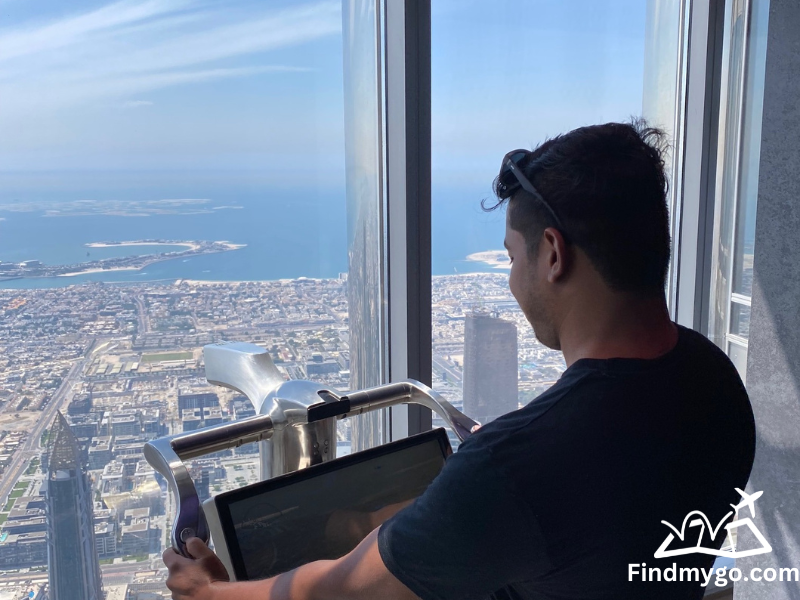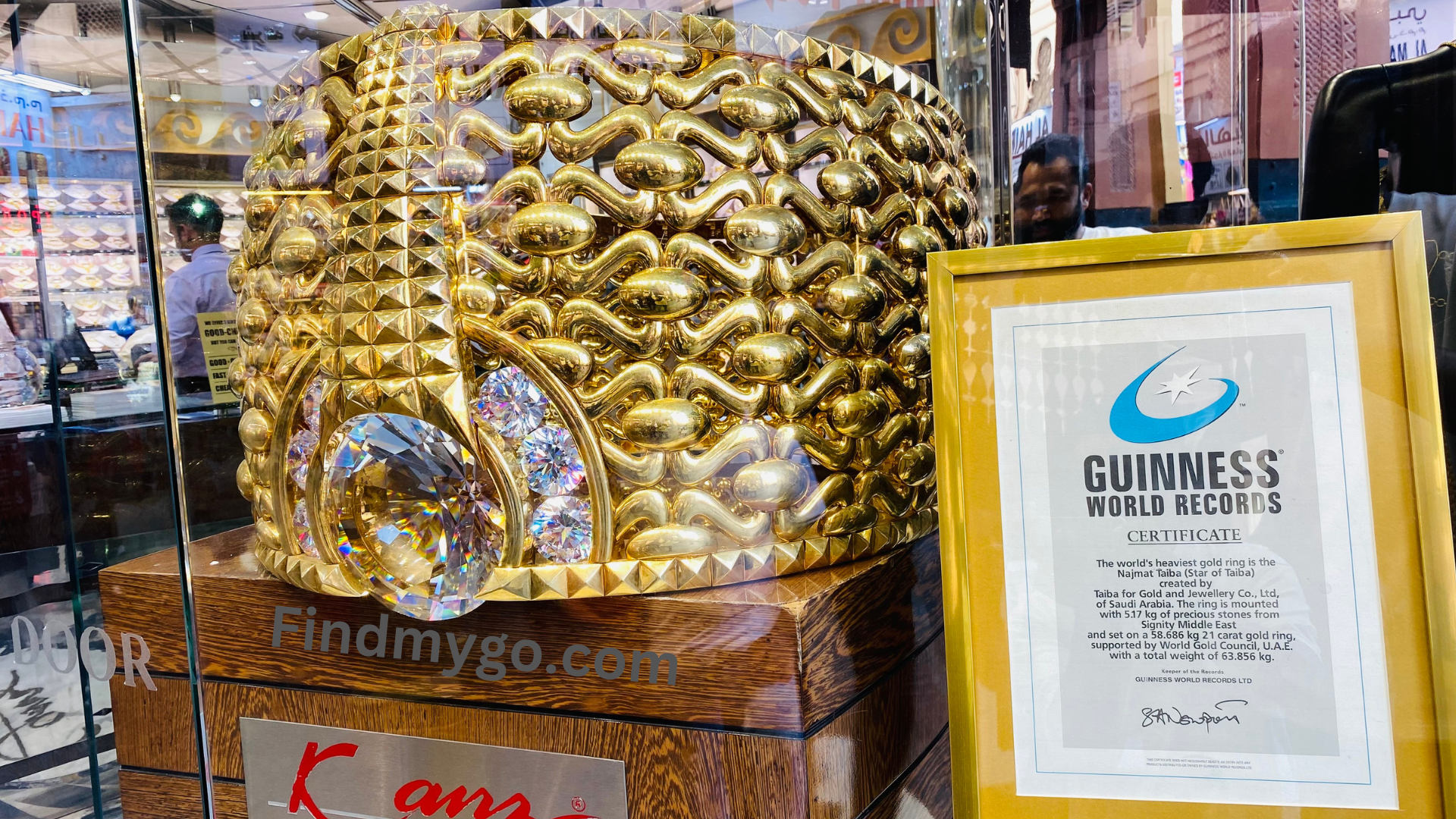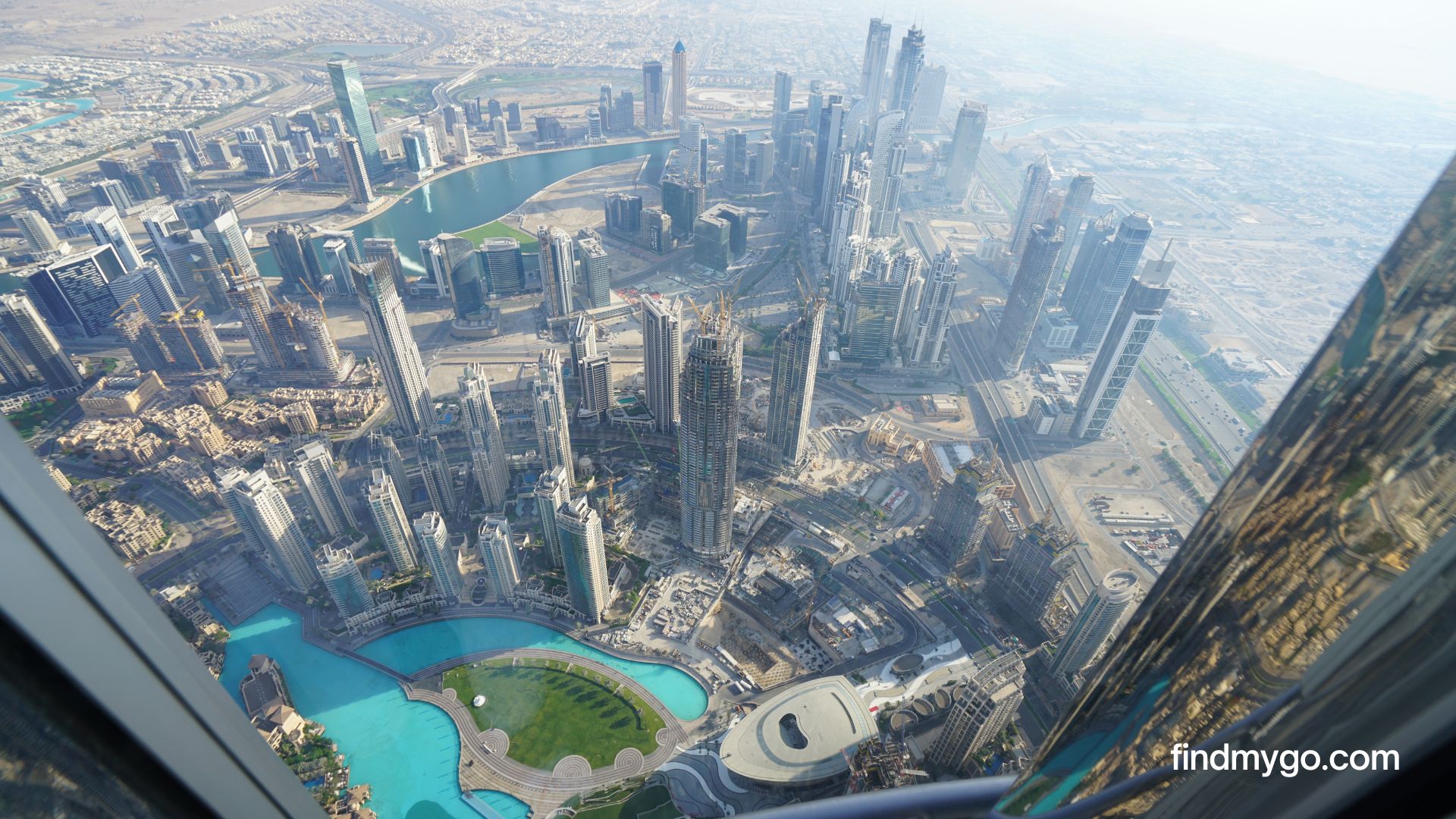Ultimate Guide to Traveling in Dubai: What You Need to Know
Dubai is a fascinating blend of modern luxury and traditional Muslim culture, offering endless activities and experiences for travelers. Although it’s a liberal city compared to other Muslim-majority countries, Dubai still upholds its laws and customs, which you should respect during your stay. This guide covers everything you need to know before visiting Dubai, making it your one-stop resource for your trip.
Best Time to Visit Dubai
Dubai experiences a distinct travel season, much like other tourist hotspots worldwide. The ideal time to visit is from November to March, when the weather is pleasant, ranging from 17°C to 30°C (62°F to 86°F). The outdoor activities are more enjoyable, making it the peak tourist season.
However, for those who prefer a less crowded and slightly more budget friendly experience, consider visiting in late October or early April. This period is considered the shoulder season, offering similar experiences with a little less rush. Resorts and hotels often offer discounted rates, and you can enjoy all the usual attractions without the huge crowds.
If you plan to visit during the summer months, from June to September, be prepared for intense heat, with temperatures rising up to 45°C (113°F). While many indoor attractions are air-conditioned, outdoor activities are limited during this period.
Laws and Etiquette in Dubai
Dubai is part of the UAE, an Arabic Muslim country, and while it’s more progressive than other countries in the region, there are cultural norms and laws you should be mindful of:
- Public Behavior: Public displays of affection, such as kissing or hugging, are considered inappropriate and can lead to fines or arrests. Holding hands is generally acceptable but refrain from more intimate gestures in public.
- Alcohol Laws: Alcohol consumption is only allowed in licensed bars, restaurants, and hotels. Drinking in public places, such as beaches or parks, is illegal. Being publicly drunk is a serious offense and could lead to severe fines or deportation.
- Dress Code: While Dubai is fairly liberal, modest clothing is expected in public areas. Shoulders and knees should be covered, especially in malls, religious sites, or governmental buildings. Swimwear is fine at the beach or poolside, but always carry a cover up when entering other public areas.
- Ramadan Etiquette: During Ramadan, eating, drinking, and smoking in public during daylight hours is prohibited. Even if you’re not fasting, it’s important to respect the local customs during this time.
- Tipping Culture: Although tipping is not compulsory, it is appreciated. In restaurants, a 10% to 15% tip is common, while hotel staff and taxi drivers also expect a small tip.
- LGBTQ+ Rights: Homosexuality is illegal in Dubai, and public displays of affection between same-sex couples can lead to legal trouble. The city remains conservative on LGBTQ+ issues, so it’s best to exercise caution.
Social Media and Internet Restrictions
Dubai has strict controls over certain websites and social media functions. For instance, voice and video calls through apps like WhatsApp, Skype, or FaceTime are blocked. To get around this, you’ll need a reliable VPN before arriving in Dubai to ensure you can access these services.
Be cautious when using social media and avoid posting anything that could be offensive to local religious or political beliefs. Sharing inappropriate content can lead to serious legal consequences.
Transportation Options in Dubai
Dubai has an efficient and modern transportation network. Here are some key options to get around the city:
- Dubai Metro: One of the best and most affordable ways to travel in Dubai is via the Dubai Metro. The trains are clean, safe, and convenient, connecting major areas like the airport, downtown Dubai, and Dubai Marina. The Metro is especially useful for avoiding traffic during rush hours.
To use the Metro, you’ll need a “Nol Card”, which can also be used on buses and trams. The system has clear signage in English and Arabic, making it easy for tourists to navigate.
- Taxis and Ride-Hailing Apps: Taxis are readily available and are metered, providing a convenient way to get around. For more flexibility, you can use Uber or the local ride-hailing app Careem, which offers a variety of ride options ranging from economy to luxury.
Careem often runs promotions and is generally more budget-friendly. However, during peak hours or in high-traffic areas, finding a taxi may take a while.
- Car Rentals: Renting a car is another great option if you’re comfortable with city driving. Dubai’s roads are well-maintained and easy to navigate. However, traffic can be intense, particularly during rush hour, and there are strict rules on speeding, seatbelt use, and phone usage while driving.
First-time visitors may find it easier to rely on public transport or taxis rather than driving in the city.
Currency and Costs
The official currency in Dubai is the UAE Dirham (AED), with an exchange rate of approximately 3.67 AED per USD. It’s advisable to exchange currency at official bureaus or banks for better rates compared to airports or hotels, which may charge higher fees.
Most places accept credit cards like Visa and MasterCard, so you won’t need to carry large amounts of cash. However, for purchases in local markets (Souks), having some cash on hand is advisable. ATMs are widely available, but check with your bank for international withdrawal fees.
Here’s a breakdown of estimated daily costs:
- Budget Travelers: AED 200–300 per day, staying in hostels and using public transport.
- Mid-Range Travelers: AED 500–1,000 per day, including stays in comfortable hotels and visits to attractions.
- Luxury Travelers: AED 1,500 and above, enjoying high-end hotels, fine dining, and exclusive experiences.
Although Dubai is known for its luxury, you can still enjoy the city on a budget. Don’t miss reading our article on 20 Free Things to Do in Dubai, where you’ll find some incredible experiences at no cost!
Bonus Tips
- Visa Requirements: Visa requirements depend on your nationality. For more information, check out our article on Dubai Visa Guidelines.
- Where to Stay: Dubai offers accommodations for every budget. In our next article, we’ll provide insights on the best areas to stay depending on your preferences.
For those looking for a personalized travel experience, our Premium Travel Plan offers tailored itineraries based on your budget, along with expert consultation to make the most of your Dubai trip. Whether you’re a budget traveler or looking for luxury experiences, Dubai has something for everyone. With this guide, you’ll be well-prepared for your adventure in this exciting city. To take your planning to the next level, consider subscribing to our Premium Travel Plan for personalized assistance, insider tips, and 24/7 support throughout your journey.
This comprehensive guide ensures that you are well-prepared for your Dubai trip, no matter your budget or travel style. Dubai is a vibrant city with so much to offer, and by following these tips, you can make the most of your stay!










Leave a Reply